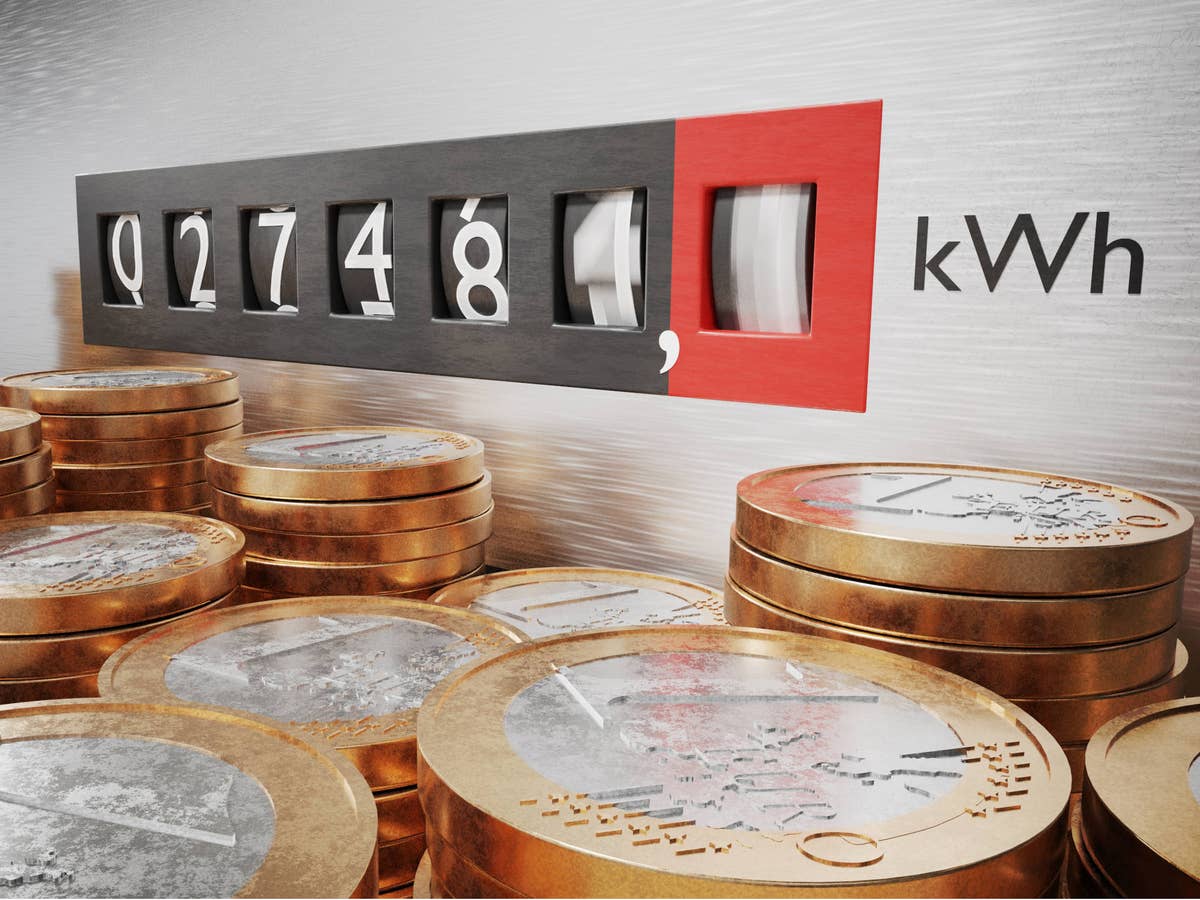Using electricity has become significantly more expensive throughout Germany in recent months. But how expensive exactly? A new analysis sheds light on this. It shows how severe the price increases are in a year-on-year comparison and where electricity is currently particularly expensive.

In the meantime, it should come as no great surprise to anyone that energy prices continue to rise due to the gas crisis triggered by the war in Ukraine. So it is already certain that at the upcoming turn of the year many energy suppliers will raise their basic service prices again . And that affects gas prices on the one hand , but also the cost of electricity. But where is electricity actually cheapest at the moment? The comparison portal Verivox examined this and also put to the test how prices have developed over the past twelve months.
ELECTRICITY IN THURINGIA IS PARTICULARLY EXPENSIVE
Accordingly, you currently have to pay the highest electricity prices in Thuringia. According to calculations by Verivox, an average of 2,060 will be due there for a bill with a consumption of 4,000 kilowatt hours (kWh). According to reports, that is 421 euros or almost 26 percent more than in the cheapest federal state. And that can be found in north-west Germany. In Bremen, an average of only 1,639 euros is due for the same consumption.
Electricity is currently similarly expensive in Baden-Württemberg (1,999 euros), Schleswig-Holstein (1,998 euros) and Brandenburg (1,974 euros) as in Thuringia. In no other German federal state, however, is electricity as cheap as in Bremen. Compared to the electricity price leaders, households in the federal states of Saarland (EUR 1,829), Bavaria (EUR 1,864) and Berlin (EUR 1,873) still have to pay the least for their electricity requirements.
ENORMOUS ADDITIONAL BURDENS COMPARED TO THE PREVIOUS YEAR
According to Verivox calculations, the average price for the consumption of 4,000 kWh of electricity in Germany is currently 1,926 euros. That’s a whopping 534 euros more than a year ago. Nationwide, electricity prices have risen by an average of 38 percent over the year. In Thuringia (plus 45 percent), Lower Saxony (plus 44 percent) and Baden-Württemberg (plus 43 percent) the price increases were particularly sharp, while in Bremen (plus 27 percent), Hamburg and Berlin (both plus 28 percent) comparatively moderately developed.
Verivox energy expert Thorsten Storck warns that, in addition to electricity and gas costs, the high cost of living is also putting a heavy strain on the household budget. “The electricity price brake should now come as soon as possible in order to at least cushion the additional burden.” For the calculation of the electricity prices mentioned above, Verivox took into account the offers of the local basic suppliers and the current new customer prices of the most important national suppliers.


